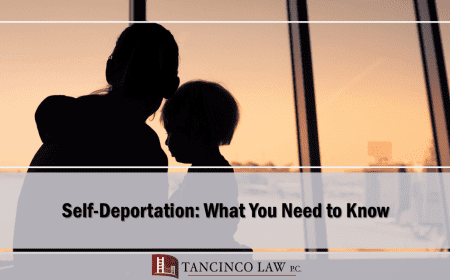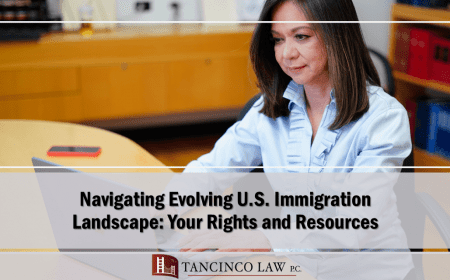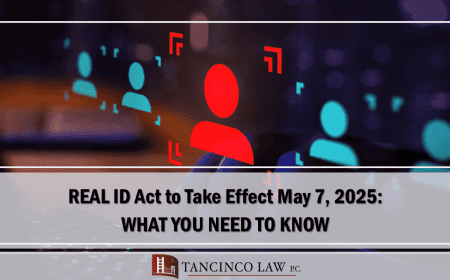The U.S. Department of State recently announced that the visa application forms were revised to include additional questions relating to applicants’ social media platforms. What will a prospective visa applicant anticipate by this social media monitoring? Will there be more visa denials as a result of this added scrutiny by the consular officer?
Social media screening rules were first published by the Department of State on March 30, 2018 in response to the current administration’s 2017 Presidential Memorandum calling for heightened vetting of new immigrants. The forms that were revised to conform to these changes are DS160 and DS156 for non-immigrant visa applicants and the DS260 for immigrant visa applicants.
An applicant for U.S. visa may notice that when downloading the revised forms, additional information, under “Address and Phone Information” page, are required. There is a list of multiple social media platforms and among those listed are: Facebook, Google+, Instagram, LinkedIn, Pinterest, Twitter, YouTube. The applicant must click the platforms he had in the last 5 years from date of application and provide any identifiers used. If the platform used is not on the list, the applicant will be given the option to provide information about any social media identifiers associated with any other platforms. Exempt from this requirement are social media accounts of multiple users within a business or other organization.
Only identifiers such as usernames/user IDs, handles, screen-names tied to the social media accounts are required. Passwords will not be asked and applicant must not voluntarily reveal the passwords. Also, if the applicant has a social media presence and does not wish to reveal it on the form he cannot delete his account or answer “none”. If this is done, the applicant will most likely deny the application for misrepresentation if the consular officer subsequently discovers prior use of a social media platform. So it is advisable to be revealing all platforms used when accomplishing the form.
Other questions seek five years of previously used telephone numbers, email addresses, and international travel; whether the applicant has been deported or removed from any country; and whether specified family members have been involved in terrorist activities.
Knowing that social media content is easy to misinterpret, what standards in reading content will be used by consular officers to determine a threatening message and in assessing eligibility for the issuance of a visa? What if the visa applicant erroneously sent a happy emoji to a posting of another user condemning a tragic incident? Will this visa applicant become a suspect? Will there be biases on postings expressing differing religious and political views? Social media content is very vulnerable and may be magnified and taken out of context. At this point, it is too late for visa applicants to start sanitizing their postings and social media presence. There should be freedom of expression on any medium and this new disclosure requirement should not serve to curb protected speech of visa applicants. Perhaps, the least that could be done by prospective travelers is to stay vigilant and be more mindful of their postings.
The current visa vetting system before these disclosure requirements is very thorough and as it is, it is known to identify national security threats. It remains to be seen whether these new disclosures will enhance national security.
(Atty. Lourdes Santos Tancinco, Esq. is an immigrant advocate and a principal partner at the Tancinco Law Offices, a San Francisco CA based law firm. She may be reached at 1 888 930 0808, law@tancinco.com , facebook.com/tancincolaw, or through her website tancinco.weareph.com/old)




